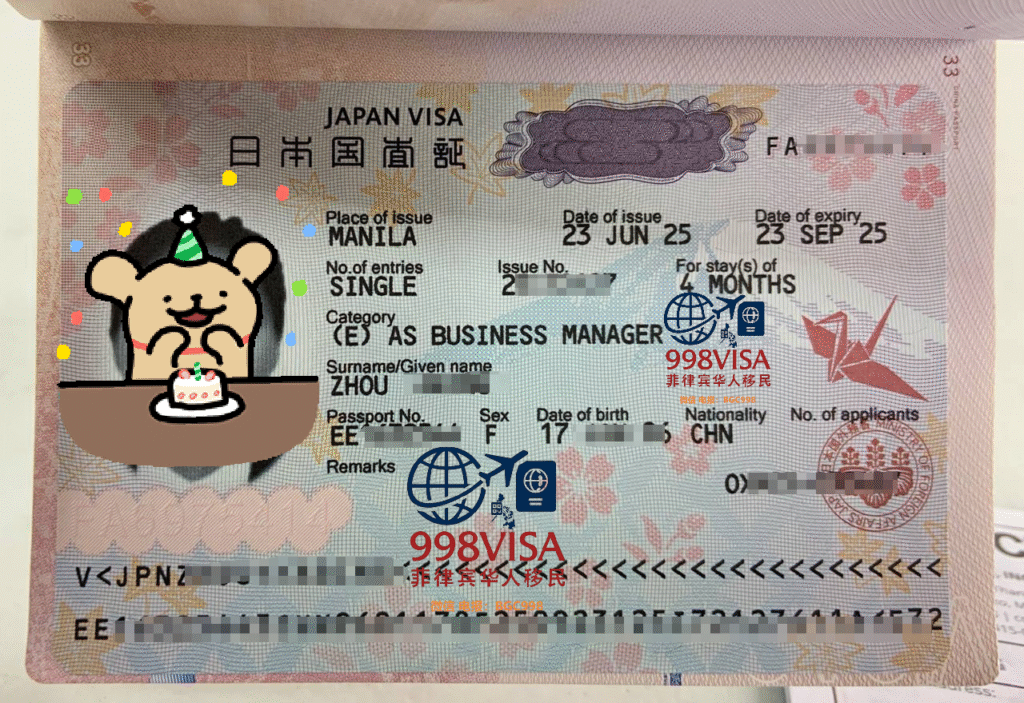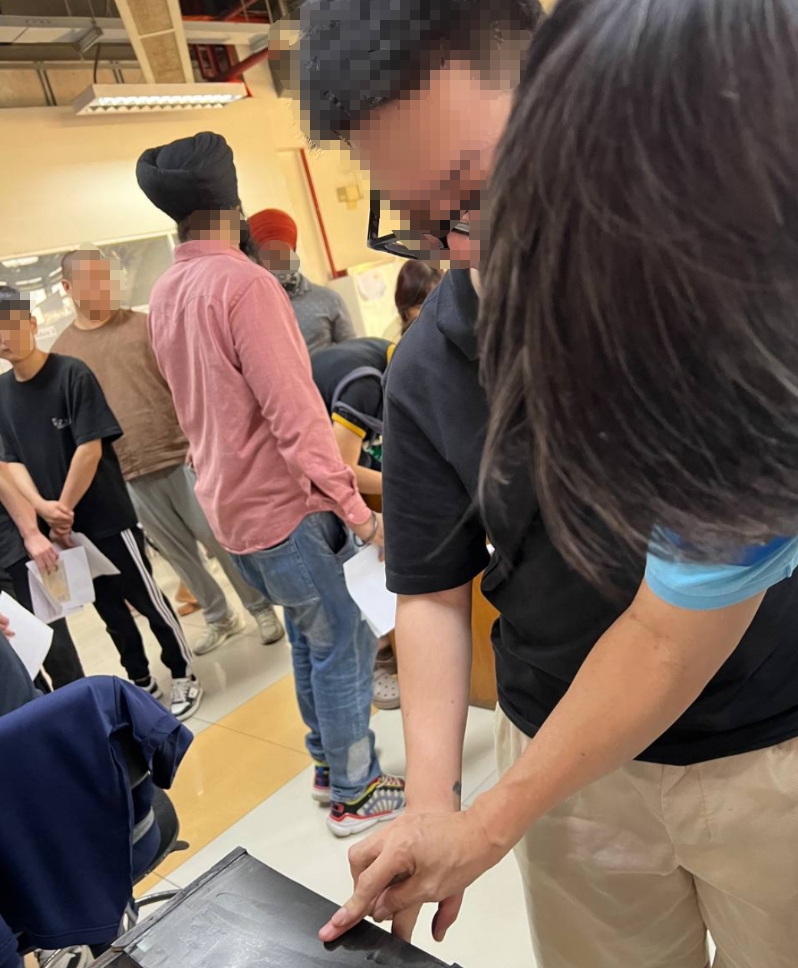Can a Philippines marriage visa (13A) holder open a bank account in the Philippines?
Yes, a foreign spouse holding a Philippines marriage visa (13A) can open and maintain bank accounts in local and international banks operating in the country. Having a 13A is a great advantage because it provides proof of legal residency, which most banks require before allowing foreigners to open accounts. While tourists are often restricted to limited banking services, 13A holders can access full banking privileges such as savings accounts, checking accounts, time deposits, and even loan or credit facilities depending on their financial profile. Some banks may require additional documents like an Alien Certificate of Registration (ACR I-Card), proof of address, and tax identification number (TIN). With these, foreign spouses can confidently manage their finances, invest, and even set up joint accounts with their Filipino spouse. This financial flexibility is one of the most practical benefits of obtaining the 13A visa.

Does the Philippines marriage visa (13A) provide any tax benefits?
A Philippines marriage visa (13A) itself does not provide direct tax exemptions. However, being a permanent resident allows the foreign spouse to register with the Bureau of Internal Revenue (BIR) and obtain a Tax Identification Number (TIN), which is required for employment or business transactions. In terms of taxation, residency status may affect whether the foreign spouse is taxed only on Philippine-sourced income or on worldwide income. Generally, if considered a resident alien, only income earned in the Philippines is subject to tax. This is beneficial compared to non-resident foreigners who often face stricter tax rules. Couples should consult with tax professionals to ensure compliance with Philippine tax laws while exploring available exemptions or benefits under bilateral tax treaties. While not a tax shelter, the 13A visa does provide the legal basis for engaging in work, investments, and other taxable activities in the Philippines.

Can a Philippines marriage visa (13A) be canceled?
Yes, under certain circumstances, the Philippines marriage visa (13A) can be canceled or revoked by the Bureau of Immigration. Common reasons for cancellation include annulment or dissolution of the marriage, proven fraudulent marriage arrangements, or violation of Philippine laws. In cases where the Filipino spouse files for annulment or if it is discovered that the marriage was entered into solely for immigration purposes, the 13A may be revoked. Similarly, if the foreign spouse commits crimes, engages in immoral conduct, or becomes a public burden due to lack of financial support, authorities may terminate their residency status. However, each case is carefully reviewed, and due process is observed before cancellation. For foreign spouses who have built families and genuine lives in the Philippines, the risk is minimal as long as the marriage remains valid and legal obligations are met.
Does the Philippines marriage visa (13A) require interviews at the Bureau of Immigration?
Yes, as part of the application process, the foreign spouse applying for a Philippines marriage visa (13A) may be required to attend an interview at the Bureau of Immigration. The purpose of this interview is to verify the authenticity of the marriage, assess the couple’s relationship, and ensure that the foreign spouse meets eligibility requirements. Immigration officers may ask questions about the couple’s life together, family plans, living arrangements, and financial stability. The Filipino spouse is usually required to accompany the foreign applicant during the interview, as their testimony also supports the case. While some applicants may feel nervous about this step, it is usually straightforward if the marriage is genuine and properly documented. Preparing supporting documents such as joint bank accounts, photos, or affidavits can help strengthen the application and reassure immigration officials of the couple’s sincerity.

Can a Philippines marriage visa (13A) holder buy property in the Philippines?
A foreign spouse with a Philippines marriage visa (13A) cannot own land in their own name due to constitutional restrictions. However, they may own condominium units under certain conditions, as long as foreign ownership in the building does not exceed 40%. Additionally, they can legally own houses or buildings, but not the land beneath them. Many couples choose to register property under the Filipino spouse’s name, with safeguards such as prenuptial agreements or long-term leases to protect the foreign spouse’s interest. Another option is establishing a family corporation where the Filipino spouse holds majority ownership. The 13A visa provides permanent residency but does not override property ownership laws. Therefore, careful planning is required when investing in real estate. Consulting a property lawyer is recommended to ensure compliance with local laws while protecting family assets.
Can a Philippines marriage visa (13A) holder study in local universities?
Yes, a Philippines marriage visa (13A) holder can enroll and study in local universities without needing to apply for a separate student visa. This is one of the advantages of holding permanent residency, as it allows the foreign spouse to pursue education freely while living in the country. Whether pursuing language courses, higher education, or professional training, the 13A visa eliminates additional bureaucratic requirements that international students typically face. Local universities may still require standard admission documents such as transcripts, entrance exams, and proof of residency, but the immigration aspect is already covered by the 13A. This makes the visa attractive not just for retirees or working spouses but also for those who want to continue their education in the Philippines. It provides full integration into society with opportunities for academic and professional growth.

Can a Philippines marriage visa (13A) be applied for while abroad?
No, the Philippines marriage visa (13A) must be applied for within the Philippines at the Bureau of Immigration. The foreign spouse usually enters the country first on a tourist visa, marries the Filipino partner (if not yet married), and then converts their status to a 13A. The application cannot be filed directly at a Philippine embassy or consulate abroad, unlike some other visa categories. This ensures that immigration authorities in the Philippines have direct oversight of the process. Applicants should plan accordingly, as this means staying in the country during the processing period, which may take several months. For couples planning to settle in the Philippines long-term, it is advisable to prepare all necessary documents before arrival, such as foreign police clearances, to avoid delays once in the country. ★
针对以上话题您是否想了解更多?欢迎联系我们咨询
English/Tagalog Inquiries :
WeChat : dpylanayon
Telegram : @Diadem_Pearl
EMAIL: 998visa@gmail.com
VIBER:+ 63 939 526 6731 / +63 9176523432
WhatsApp / PHONE:+639176523432
中文咨询
微 信:BGC998 电报@ BGC998 或 微信:VBW333 电报@VBW777
马尼拉998VISA是马尼拉MAKATI 实体注册公司,在马尼拉已经有超过19年服务经验,客户隐私安全保护服务可靠,业务提交可以安排工作人员上门取件或前往我们办公室提交。马尼拉政策时常变化,且信息发布有时间差,有需要相关业务最新资讯欢迎联系我们。
欢迎关注我们的电报TELEGRAM频道
998官方资讯频道 @FLBYM998
日常案例分享频道 @FLBYM998CASE


